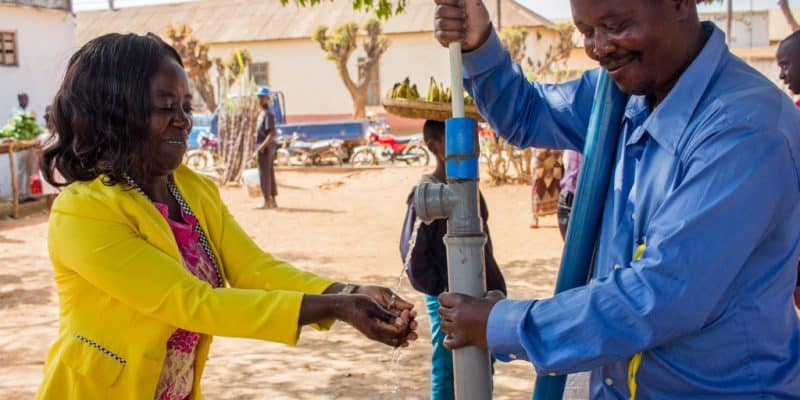The United States Agency for International Development (USAID) has announced funding of $100 million over 5 years for Ghana to improve access to drinking water, sanitation and hygiene.
The United States Agency for International Development (USAID) is renewing its support for the government of Ghana in the water and sanitation sector. After the $45.5 million loan granted in November 2021 for a five-year water and sanitation project in the north of the country, the US agency is committing to releasing an additional $100 million in funding to further strengthen drinking water, sanitation and hygiene services in Ghana.
According to the US Ambassador to Ghana, Virginia Palmer, the $100 million package will primarily fund work under a new, high-priority US Global Water Strategy National Plan for Ghana. “We look forward to continuing our partnership with Ghana to ensure that all Ghanaians have access to these three essential services. This will help improve health and promote economic development,” says Virginia Palmer.
The increase in the number of drinking water installations, improved sanitary blocks and hand-washing facilities should therefore make it possible, by 2027, to provide drinking water to an additional 1 million people in Ghana, as well as safe and sustainable sanitation and hygiene services. “An additional $20 million in funding will be mobilised from the public and private sectors in Ghana to achieve this goal,” says USAID.
Read Also – GHANA: strengthening water, sanitation and hygiene policies
In the West African country, the current rate of access to drinking water in urban areas is 96.8%, compared with 74% in rural areas, according to the 2021 population and housing census published by the Ghana Statistical Service. The United Nations estimates the rate of access to sanitation at 25%, and 42% for basic hygiene services.
Inès Magoum







